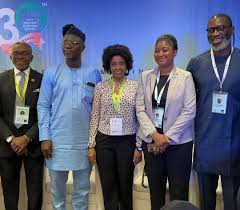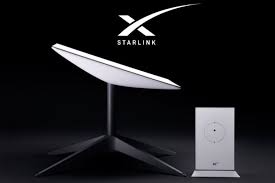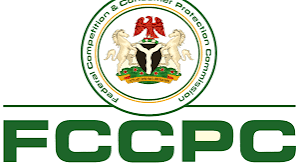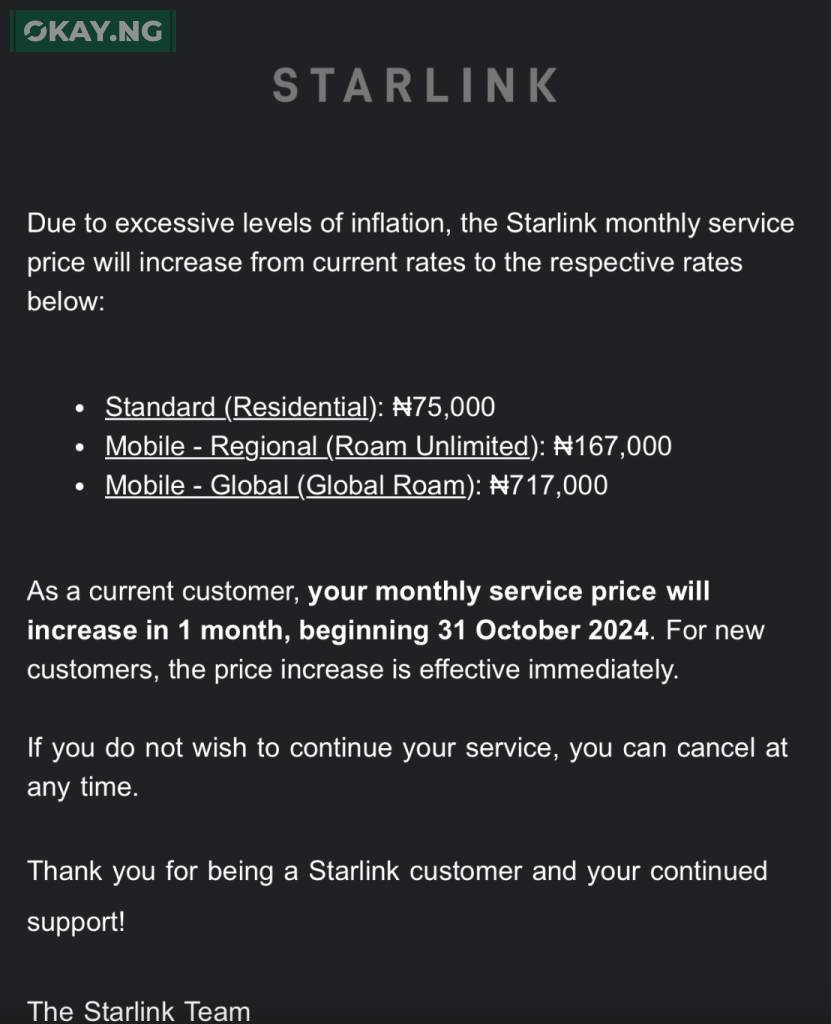MTN Nigeria has officially launched its first fully digitized experience centre, powered by advanced 5G technology, in the nation’s capital, Abuja.
This cutting-edge facility, located at MTN’s Regional Office in Maitama, offers a unique, immersive experience designed to showcase the transformative power of digital services and solutions.
During the unveiling ceremony on Wednesday, the Chief Customer and Experience Officer of MTN Nigeria, Ugonwa Nwoye, explained that the centre represents a major milestone in MTN’s commitment to leveraging technology to enhance the lives of Nigerians.
“Today we launched the first digital experience centre in Nigeria by any telecom firm. One of our goals was to bring a digital immersive experience as close as possible to our customers and businesses,” Nwoye said.
Nwoye highlighted how technology plays a critical role in unlocking Nigeria’s economic potential and explained that MTN has consistently been at the forefront of technological advancement, being the first to launch 3G, 4G, and now 5G in Nigeria.
“We wanted to showcase what is possible with the technology we provide. As you know, MTN is a technology company that harnesses tech to enhance the lives of our customers and businesses around us. We believe Nigeria’s full potential can be reached through technology,” she added.
The 5G-powered centre has been built with local relevance in mind, offering a wide range of services that allow customers to engage with MTN’s offerings in new and interactive ways.
The centre features Nigeria’s first digital kiosk, where users can independently access services such as purchasing SIM cards, airtime, data plans, and even devices like 5G routers. Staff assistance is also available for those who require it.
In addition to these services, the experience centre provides demonstrations of smart home solutions, enabling customers to control their homes remotely using a data connection.
“This isn’t just about data and devices; it’s about empowering people to live a breathtaking life. We want Nigerians to meet their full potential and unleash their creativity, as technology is the driving force behind their imagination,” Nwoye emphasized.
The event was also attended by ThankGod Otorkpa, the Regional General Manager North for MTN NG, who underlined the importance of digital transformation.
“We would like you to know that even though we are going digital, we must not forget the human connection. It’s in that light that we have invited you today to be part of this journey, helping us to take a glance together into the future,” Otorkpa stated.










